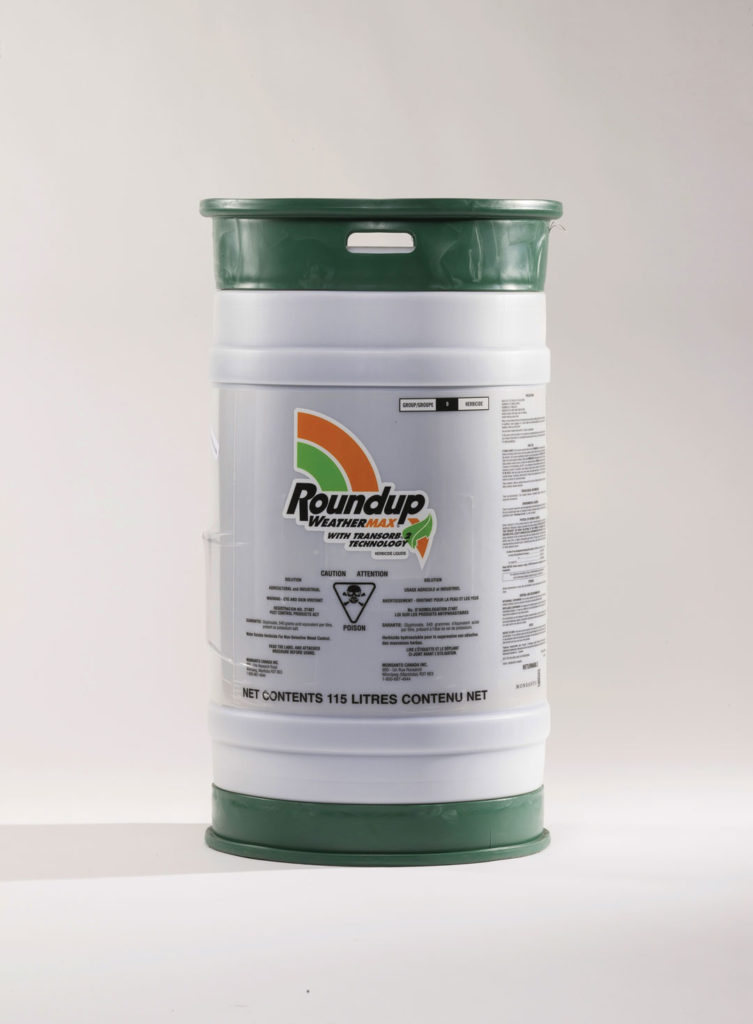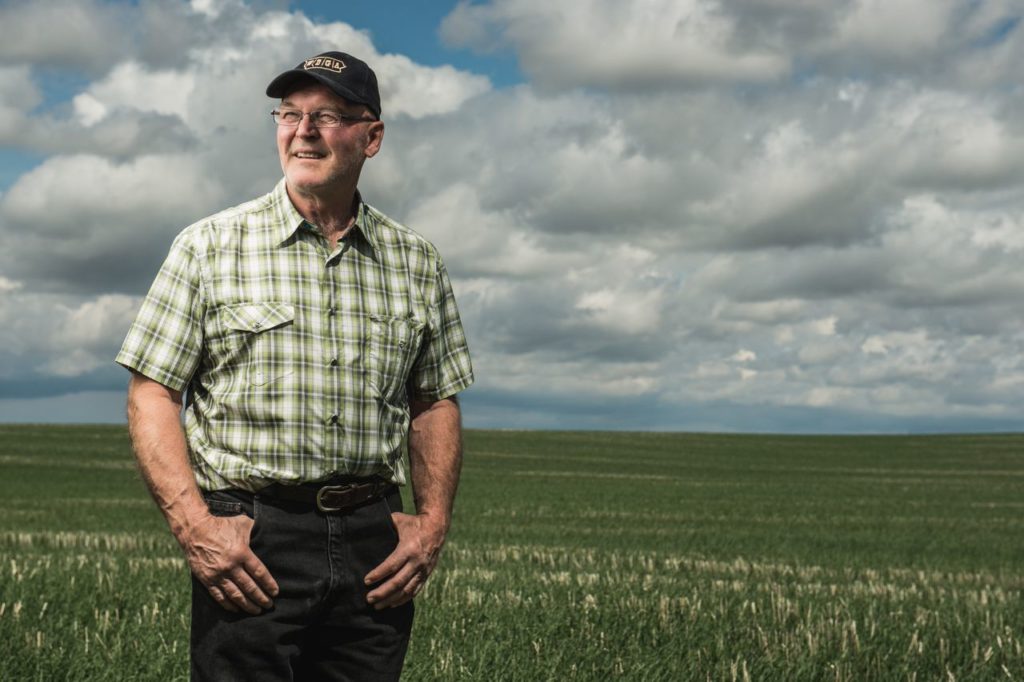FACE OFF
Two voices in the GMO debate weigh in and make their case. Who has the more convincing argument? You decide.
Two voices in the GMO debate weigh in and make their case. Who has the more convincing argument? You decide.

Out on his acreage in rural Saskatchewan, 33-year-old Todd Roberts happily went about his annual chores of clearing away weeds and turning over the garden for planting. “Fortunately, I’ve got the good stuff,” he said, referring proudly to a gallon jug of agricultural-strength glyphosate, better known by its ubiquitous trade name, Roundup.

In 1980, the United States had only 92 functioning breweries; now a new one opens its doors every day. In Canada, we are seeing the same trend. From 310 breweries at the end of 2010, the number has steadily risen to the roughly 450 breweries we see today.
In this issue’s Table Talk, GrainsWest examines a cutting edge fruit, Coca-Cola’s jump into dairy, a soybean health claim and a new film that seeks to talk openly about GM crops.
GrainsWest capped off its inaugural year in style by being named the recipient of the Best New Magazine, as voted by the Alberta Magazine Publishers Association (AMPA).

A price transparency initiative meant to provide accurate and timely data for the Canadian grain market is officially underway, following an announcement at FarmTech Jan. 28 by federal Agriculture Minister Gerry Ritz.

There is a new player in the cellphone game and, despite what you may think, it’s not the latest offering from Apple or Samsung.

It’ll take more than simply renewing railway shipping requirements to improve market access for Canadian grain, according to Stephen Vandervalk, vice-president of the Western Canadian Wheat Growers Association.

Pebble smartwatches appear to be all the craze these days, but what do we really know about them? Are they practical? Do they make our lives easier? Or are they just another techno-gadget destined to collect dust in storage after minimal use?

BY TYLER DIFLEY At Brian Otto’s third-generation family farm east of Warner, experimentation is the norm. Traditionally, Otto and his wife Carolyn grow a variety of grains, oilseeds and pulses—including barley, wheat, mustard, peas and lentils—on their 4,025-acre operation, but over the years, Otto has enjoyed planting more unorthodox crops as well. […]